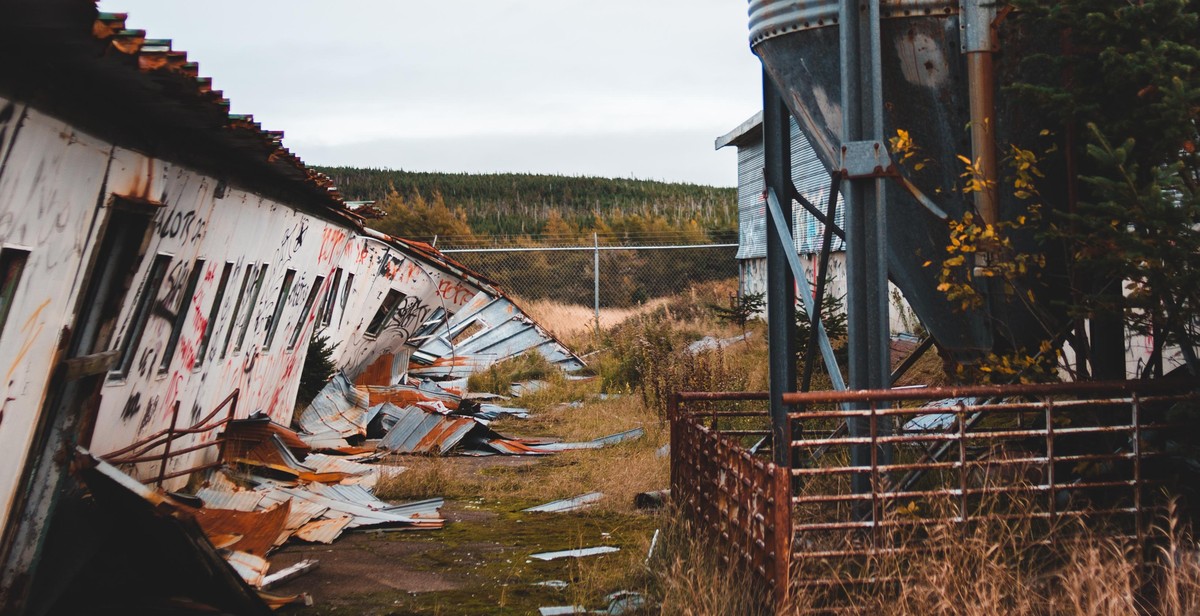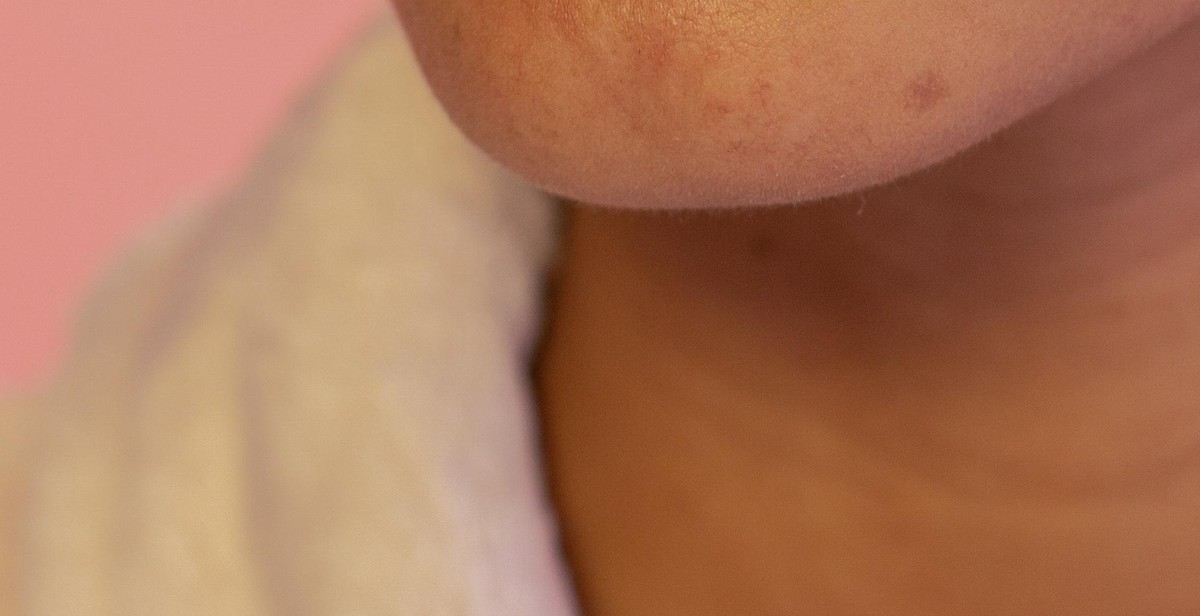Introduction: Understanding the Skin Barrier
Our skin is the largest organ in the human body and acts as a protective barrier against external factors such as pollution, UV rays, and bacteria. However, many of us are unaware of the importance of the skin barrier and its role in maintaining healthy skin.
What is the Skin Barrier?
The skin barrier, also known as the stratum corneum, is the outermost layer of the skin that is responsible for preventing water loss and protecting the skin from harmful environmental factors. It is composed of lipids, ceramides, and fatty acids that work together to maintain the skin’s hydration levels and prevent penetration of harmful substances.
Why is the Skin Barrier Important?
The skin barrier plays a crucial role in maintaining healthy skin. When the skin barrier is compromised, it can result in dryness, irritation, acne, and other skin conditions. A damaged skin barrier can also lead to increased sensitivity to environmental factors, making the skin more susceptible to damage.
Therefore, it is essential to repair and hydrate the skin barrier to maintain healthy skin. In the following sections, we will discuss the causes of a damaged skin barrier and the steps you can take to repair and hydrate it.

Causes of a Damaged Skin Barrier
The skin barrier is a crucial part of the skin that acts as a protective layer against external factors such as pollution, bacteria, and UV rays. When the skin barrier is compromised, it can lead to various skin issues such as dryness, sensitivity, and acne. Here are the most common causes of a damaged skin barrier:
Over-exfoliation
Exfoliation is an essential step in any skincare routine as it helps to remove dead skin cells and unclog pores. However, over-exfoliation can cause damage to the skin barrier. When you over-exfoliate, you strip away the natural oils and disrupt the skin’s pH balance, which can lead to dryness and irritation.
Harsh skincare products
Using harsh skincare products such as those containing alcohol, fragrances, and sulfates can cause damage to the skin barrier. These ingredients can strip away the natural oils and disrupt the skin’s pH balance, leading to dryness, redness, and irritation.
Environmental factors
Environmental factors such as pollution, UV rays, and harsh weather conditions can also damage the skin barrier. Exposure to these factors can cause oxidative stress, which can lead to inflammation and damage to the skin’s protective layer.
Genetics
Some people may be genetically predisposed to having a weaker skin barrier. This can lead to increased sensitivity, dryness, and other skin issues. If you have a family history of skin issues, it’s important to take extra care of your skin to prevent further damage.
Overall, there are various causes of a damaged skin barrier, and it’s important to identify them to prevent further damage and address any existing issues. By avoiding over-exfoliation, using gentle skincare products, protecting your skin from environmental factors, and taking extra care if you have a family history of skin issues, you can help to repair and hydrate your skin barrier.

Signs of a Damaged Skin Barrier
The skin barrier is a protective layer that shields the skin from external irritants and maintains its hydration levels. When the skin barrier is damaged, the skin becomes vulnerable to various skin issues. Here are some common signs of a damaged skin barrier:
- Dryness and flakiness: A damaged skin barrier can result in dry, flaky, and rough skin. This is because the skin is unable to retain moisture, leading to the loss of hydration.
- Redness and irritation: A damaged skin barrier can cause redness, inflammation, and irritation. This is because the skin is exposed to external irritants that it would otherwise be able to protect against.
- Increased sensitivity: A damaged skin barrier can make the skin more sensitive to external irritants, leading to discomfort and even pain.
- Breakouts and acne: A damaged skin barrier can also lead to breakouts and acne. This is because the skin is unable to regulate its oil production, leading to clogged pores and bacterial growth.
If you notice any of these signs, it is essential to start repairing and hydrating your skin barrier as soon as possible to prevent further damage and improve the overall health and appearance of your skin.

How to Repair a Damaged Skin Barrier
A damaged skin barrier can be caused by a variety of factors, including harsh skincare products, environmental stressors, and genetics. However, repairing a damaged skin barrier is possible with the right approach.
Gentle Cleansing
One of the first steps in repairing a damaged skin barrier is to switch to a gentle cleanser. Harsh cleansers can strip the skin of its natural oils and further damage the skin barrier. Look for a cleanser that is free of sulfates and fragrances, and has a pH level that is close to that of the skin.
Use of Moisturizers
Using a moisturizer is crucial in repairing a damaged skin barrier. Look for a moisturizer that contains ingredients such as ceramides, hyaluronic acid, and glycerin. These ingredients help to hydrate and repair the skin barrier. Apply the moisturizer to damp skin after cleansing to lock in moisture.
Incorporating Barrier-Repairing Ingredients
In addition to using a moisturizer, incorporating barrier-repairing ingredients into your skincare routine can help to repair a damaged skin barrier. Look for skincare products that contain ingredients such as niacinamide, panthenol, and allantoin. These ingredients help to strengthen the skin barrier and improve skin texture.
Avoiding Harsh Skincare Products
Avoiding harsh skincare products is essential in repairing a damaged skin barrier. This includes products that contain alcohol, fragrances, and essential oils. These ingredients can further irritate and damage the skin barrier. Instead, opt for products that are gentle and free of potential irritants.
| Do: | Don’t: |
|---|---|
|
|

How to Hydrate a Damaged Skin Barrier
Dealing with a damaged skin barrier can be frustrating and uncomfortable. A damaged skin barrier can cause dryness, flakiness, and even breakouts. It’s important to take steps to repair and hydrate your skin barrier to restore its health and prevent further damage. Here are some tips:
Drink plenty of water
Drinking enough water is essential for healthy skin. When you’re dehydrated, your skin can become dry and dull. Aim to drink at least 8 glasses of water a day to keep your skin hydrated from the inside out.
Use hydrating skincare products
When choosing skincare products, look for those that are specifically designed to hydrate and repair the skin barrier. Products with hyaluronic acid, glycerin, and ceramides are great options. These ingredients help to lock in moisture and repair the skin’s protective barrier.
Incorporate hydrating ingredients in your skincare routine
In addition to using hydrating skincare products, you can also incorporate hydrating ingredients into your skincare routine. Aloe vera, honey, and jojoba oil are all great options. These ingredients help to soothe and hydrate the skin, promoting a healthy skin barrier.
Avoid over-exfoliation
Exfoliating can be beneficial for the skin, but over-exfoliating can damage the skin barrier. Avoid using harsh scrubs and exfoliants too frequently. Instead, opt for gentle exfoliants and limit use to once or twice a week.
By following these tips, you can repair and hydrate your damaged skin barrier, restoring its health and promoting a glowing complexion.

Conclusion
Repairing and hydrating a damaged skin barrier is a crucial step in maintaining healthy and youthful-looking skin. By following the tips and recommendations outlined in this article, you can restore your skin’s natural protective barrier and prevent further damage.
Key Takeaways
- A damaged skin barrier can lead to a variety of skin issues, including dryness, irritation, and premature aging.
- To repair and hydrate a damaged skin barrier, you should focus on using gentle, nourishing skincare products and avoiding harsh ingredients.
- Some of the best ingredients for repairing and hydrating a damaged skin barrier include ceramides, hyaluronic acid, and niacinamide.
- In addition to using the right skincare products, you should also prioritize healthy lifestyle habits, such as staying hydrated, eating a balanced diet, and getting enough sleep.
Final Thoughts
Remember that repairing and hydrating a damaged skin barrier is not a one-time fix. It requires consistent effort and attention to maintain healthy, radiant skin. By incorporating the tips and recommendations in this article into your skincare routine, you can achieve a stronger, healthier skin barrier and enjoy all the benefits that come with it.
